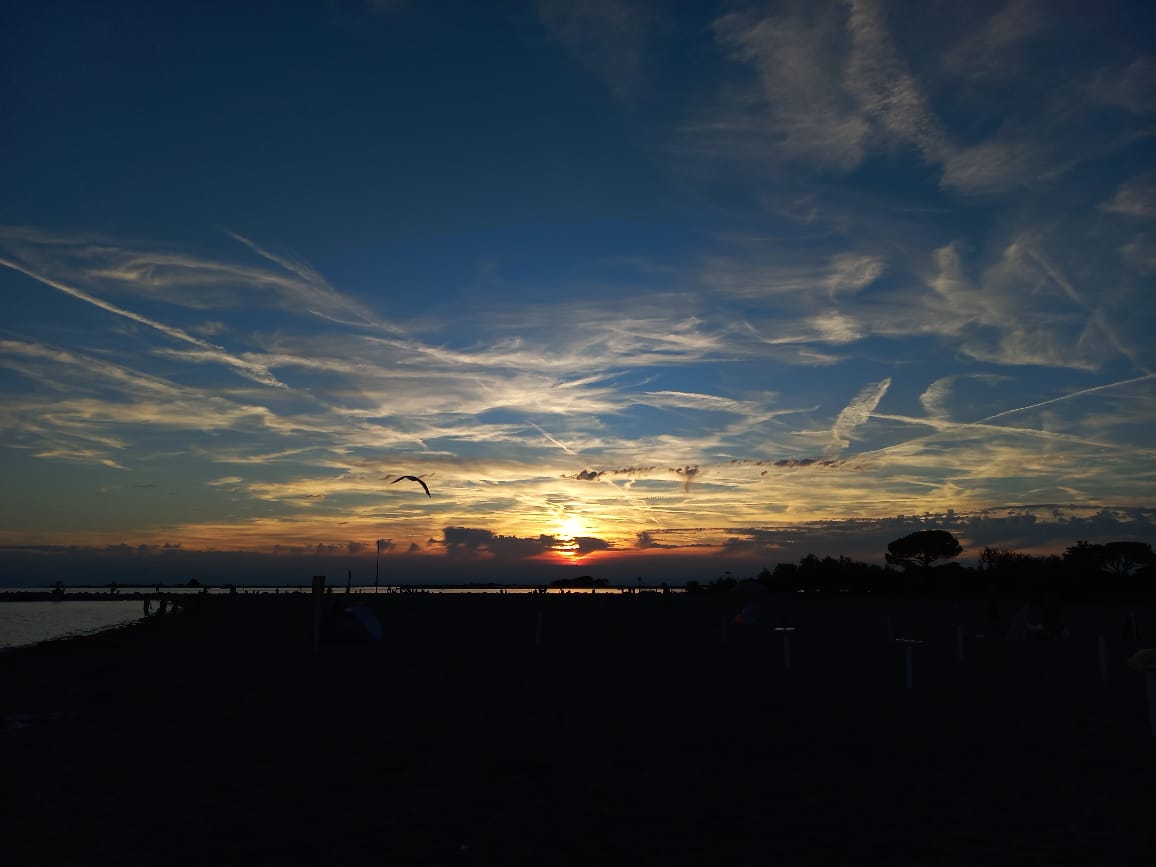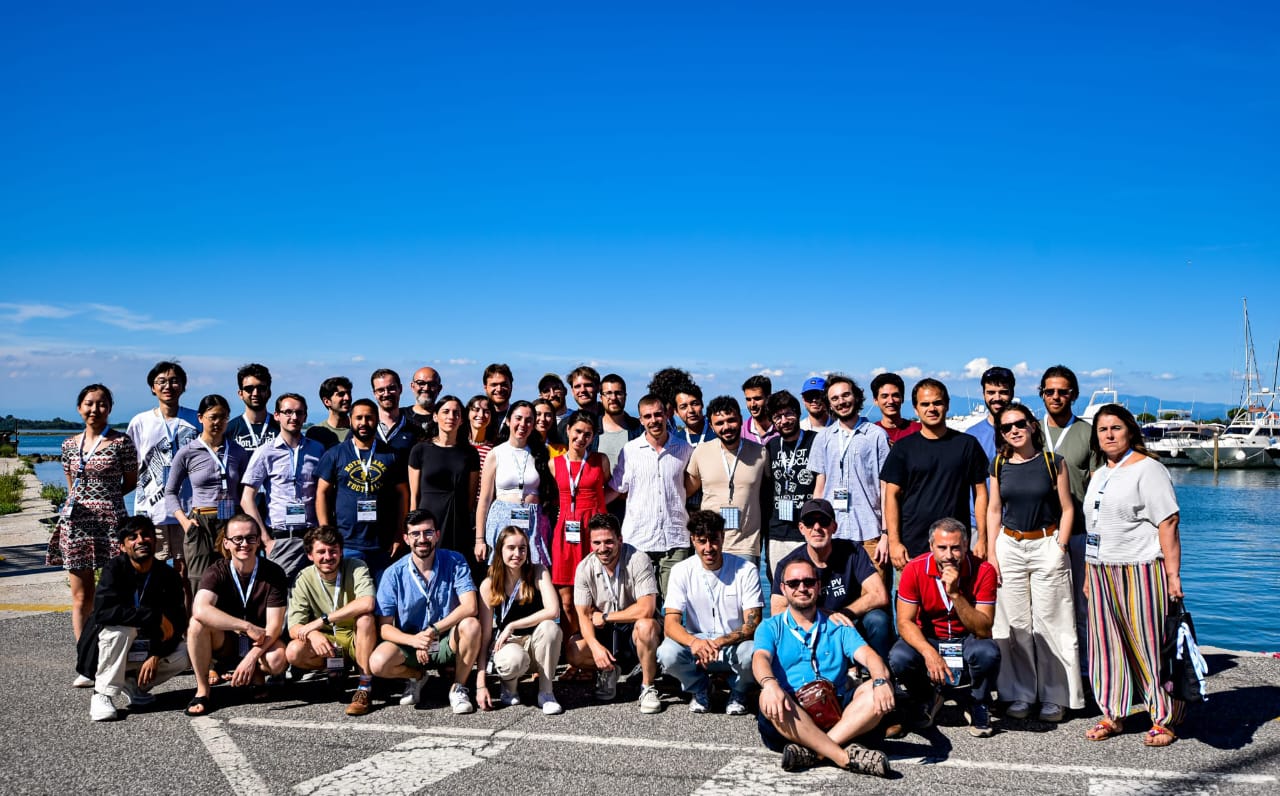Complexity Cat Review on MSCx 2024
Last summer I had the privilege of attending the ninth edition of the Mediterranean School of Complex Networks. Here is a review of the event for all those interested in applying for the tenth edition.
Network science is arguably one of the most significant approaches of the current century. While the origins of graph theory date back to Leonard Euler’s solution to the Seven Bridges of Königsberg problem in 1736, it wasn’t until the early 21st century that interest in networks exploded. This surge was driven by new discoveries that provided a novel mathematical framework to describe various network topologies, giving rise to the field of network science. Among the diverse entities in this branch of mathematics are complex networks, which exhibit non-trivial properties often useful in modeling real-world systems—ranging from biological structures and technological architectures to climatic phenomena and social interactions. Given its importance and relevance in the study of complex systems, I decided to attend the ninth edition of the Mediterranean School of Complex Networks (MSCx), held in Grado, Italy, from June 30 to July 5, 2024. Here, I share my review of the event, hoping to inspire young researchers interested in network science to apply.
The Academic Side
The first session featured Baruch Barzel, an Israeli physicist and applied mathematician at Bar-Ilan University. He introduced us to the various types of dynamic universality present in networks. For me, this served as a foundation for developing a dynamic hierarchy independent of the observer, capable of explaining relationships between phenomena at different “scales”. Later that day, Jacopo Grilli, a biological physicist working at the intersection of ecology, evolution, and statistical mechanics, delivered an insightful talk focused on microbiology.
The second session was led by José Cuesta, a physicist who presented an exceptional lecture on modeling complex systems using information geometry. His discussion emphasized the need to critically examine the epistemological limits of our descriptions of nature. Later that day, the student session showcased diverse applications of complex networks, from analyzing social relationships to advancing machine learning.
On the third day, Manlio De Domenico, an Italian physicist and complex systems scientist from the University of Padua, guided us through the distinction between robustness and resilience in interconnected and interdependent systems. That evening, we participated in a social tour, which I will detail below. It is worth noting that students were tasked with self-organizing to develop project proposals, which were evaluated during the final session of the event.
The last two days were equally captivating, featuring talks by renowned researchers. Tiago Peixoto discussed network reconstruction using real data. Clara Granell explored the role of complex networks in epidemiological modeling, while Sandro Azaele examined the dynamics of interacting ecosystems on scales from micro to macro. Valeria D’Andrea delivered an extraordinary seminar on network science applied to systems biology, and Marco Grassia addressed challenging problems in machine learning.
The Cultural Side
Grado, nestled in the heart of the Venetian Lagoon, boasts a rich history dating back to ancient Rome. In the late 19th century, Grado flourished as a seaside resort under the Austro-Hungarian Empire, attracting visitors seeking relaxation and healing through its therapeutic sea vapors. Today, Grado—aptly nicknamed the “Island of the Sun”—continues to enchant visitors with its pristine beaches of fine golden sand, gentle seabeds, and iodine-rich microclimate, making it an ideal destination for thalassotherapy. Whether exploring the medieval streets of its historic center, marveling at the Basilica of Sant’Eufemia, or enjoying the local cuisine at seaside restaurants, Grado offers a unique blend of history, natural beauty, and tranquility that leaves a lasting impression.
Given its proximity, the school organizers provided a bus to transport attendees from Venice Marco Polo Airport to Grado, a journey of less than two hours. This logistical convenience, coupled with Grado’s charm, made it an excellent setting to experience Italian culture. As part of the social activities, we had the opportunity to visit Venice, a city like no other, renowned for its canals, bridges, and historic palaces. During this excursion, we explored the city’s architectural marvels, strolled along its iconic canals, and indulged in authentic Venetian cicchetti paired with excellent local wine. This cultural immersion was a highlight of the event.
 Saint Mark’s Basilica, Venice.
Saint Mark’s Basilica, Venice.
Conclusion
The Mediterranean School of Complex Networks provides an unparalleled opportunity to delve into the world of complex networks. Despite its short duration, the program offered a wealth of fascinating topics that broadened my perspective on the science of complex systems. Throughout the week, I had the privilege of meeting incredible individuals working on frontier problems. The diversity of participants, both in regional and academic terms, underscored the multitude of narratives in network science that have emerged to tackle specialized problems in the first quarter of this century. While this focus on specific challenges has driven significant technological advances, the pressing problems facing humanity today demand a holistic approach. Interdisciplinary collaboration among scientists is essential to translate, integrate, and generalize the theoretical tools developed over the past two decades.
I dedicate this review to Luca Allegri and Sofia Galli, two dear friends I made during the week, whose thought-provoking conversations enriched my experience.
Applications for the tenth edition are now open, the deadline is February 11, don’t miss it!


